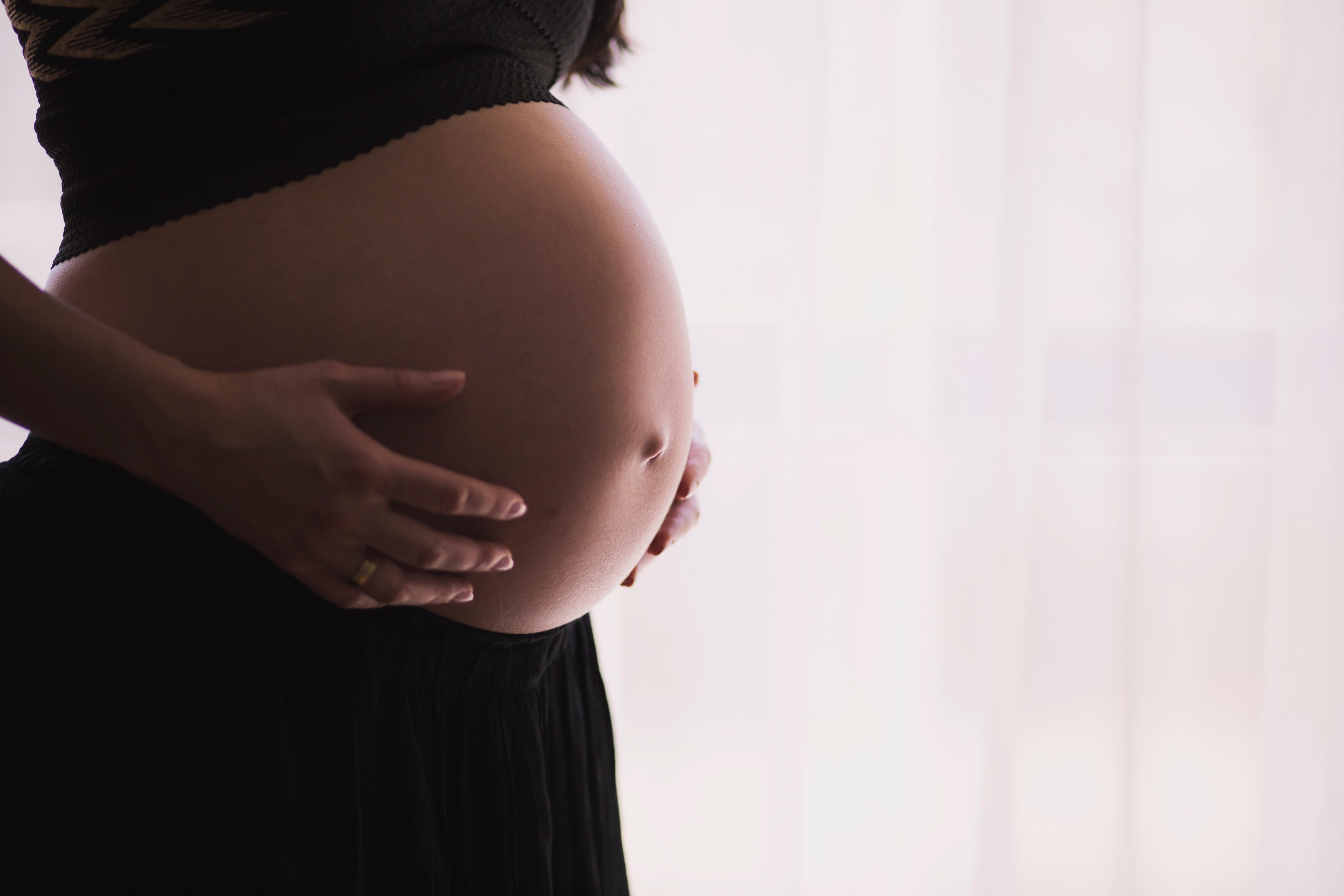Psychologists have shown that a new way of assessing women’s relationship with their bodies during pregnancy could help predict how well the mother might bond with her unborn baby and her longer-term emotional wellbeing.
Women are under constant pressure about their appearance and unfortunately during pregnancy is no exception. Pregnant women are often expected to be glowing mothers-to-be, however, the real experience can be quite different. Pregnancy is a unique period in a woman’s life during which her body undergoes rapid and dramatic change that can affect almost every part of her body. Many of these changes are in direct conflict to social ideals of female body appearance, such as increases in body size and weight. This does not go unnoticed and many women find that they receive uninvited comments on their size or even have their ‘bump’ touched without permission. Despite such dramatic and sometimes challenging physical changes, women’s feelings about their body during pregnancy is often overlooked and is not considered in routine maternity care.
The research by Dr Elizabeth Kirk at Anglia Ruskin University and Dr Catherine Preston at the University of York sought to address the importance of bodily experience in pregnancy by developing a pregnancy specific measure of body satisfaction, which captures concerns relating to appearance, weight gain and physical symptoms. This measure, known as the Body Understanding Measure for Pregnancy, or BUMPs, was constructed and validated with over 600 pregnant women in the UK across all stages of pregnancy. Importantly, we then used our measure to test if how women feel about their body during pregnancy was related to the strength of bond they develop with their unborn child, which can be extremely important for the wellbeing of both mother and baby. The research found that compared to other factors known to be important for forming this bond, such as depression, relationship satisfaction and the age of the fetus, how women feel about their body had the strongest role. This is not so surprising when considering that the experience of pregnancy is so overwhelmingly physical. Whilst the process of forming an emotional bond with the unborn baby involves forming a mental representation of the child, it is only through the pregnant mother’s bodily sensations and perceptions that connect her to her growing baby.
This research demonstrates how important women’s bodily experience is during pregnancy. In future work the authors aim to follow women during pregnancy and after birth to examine how pregnancy bodily experience can impact on how women feel after birth about themselves and their new baby. They also seek to further develop the BUMPs measure so that it can be used by midwives to identify women who may need extra support both before and after birth.
You can read the full research report here: https://psycnet.apa.org/search/display?id=99f57d88-3f4e-18a6-a0ad-259e1ff5c8c3&recordId=1&tab=PA&page=1&display=25&sort=PublicationYearMSSort%20desc,AuthorSort%20asc&sr=1


